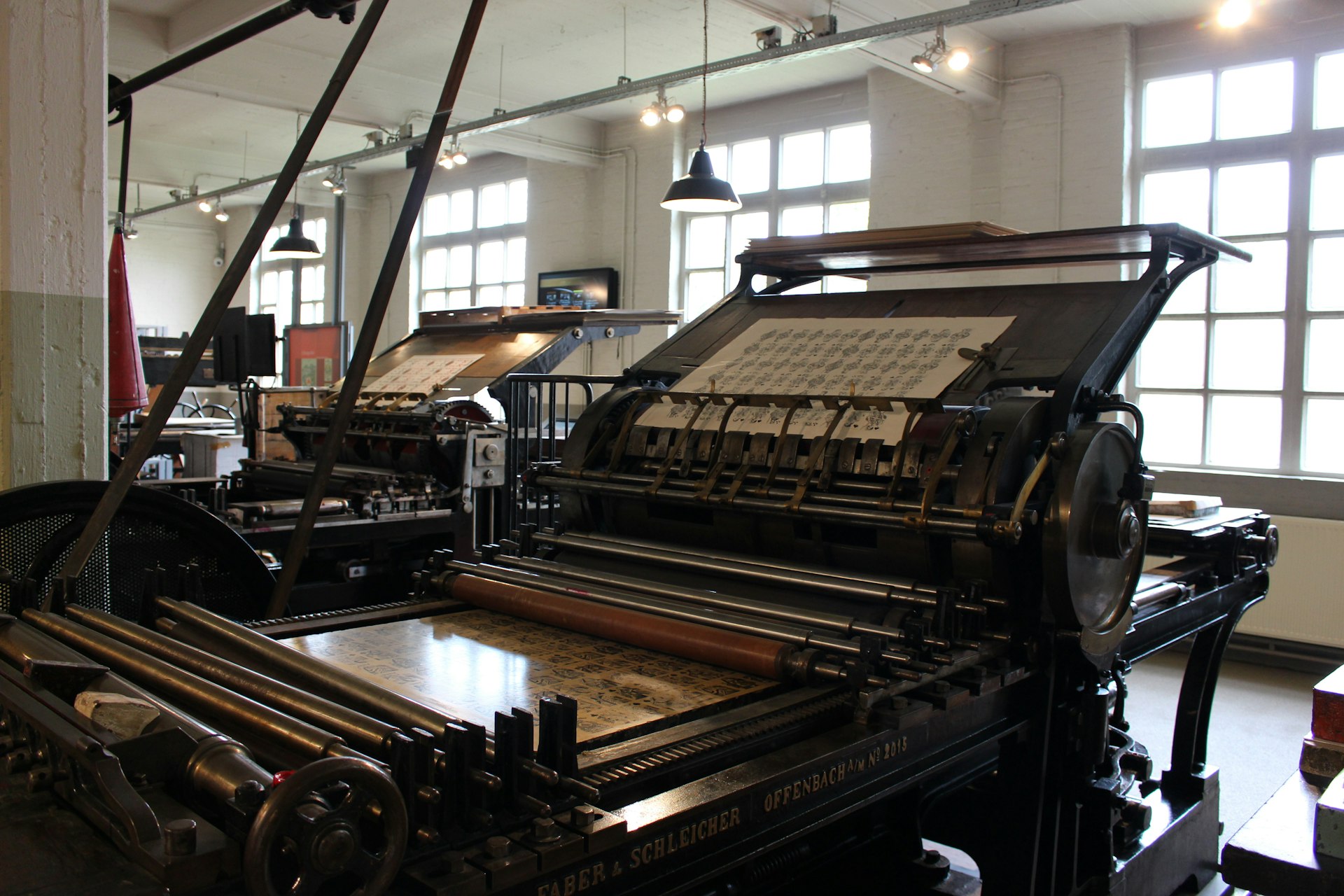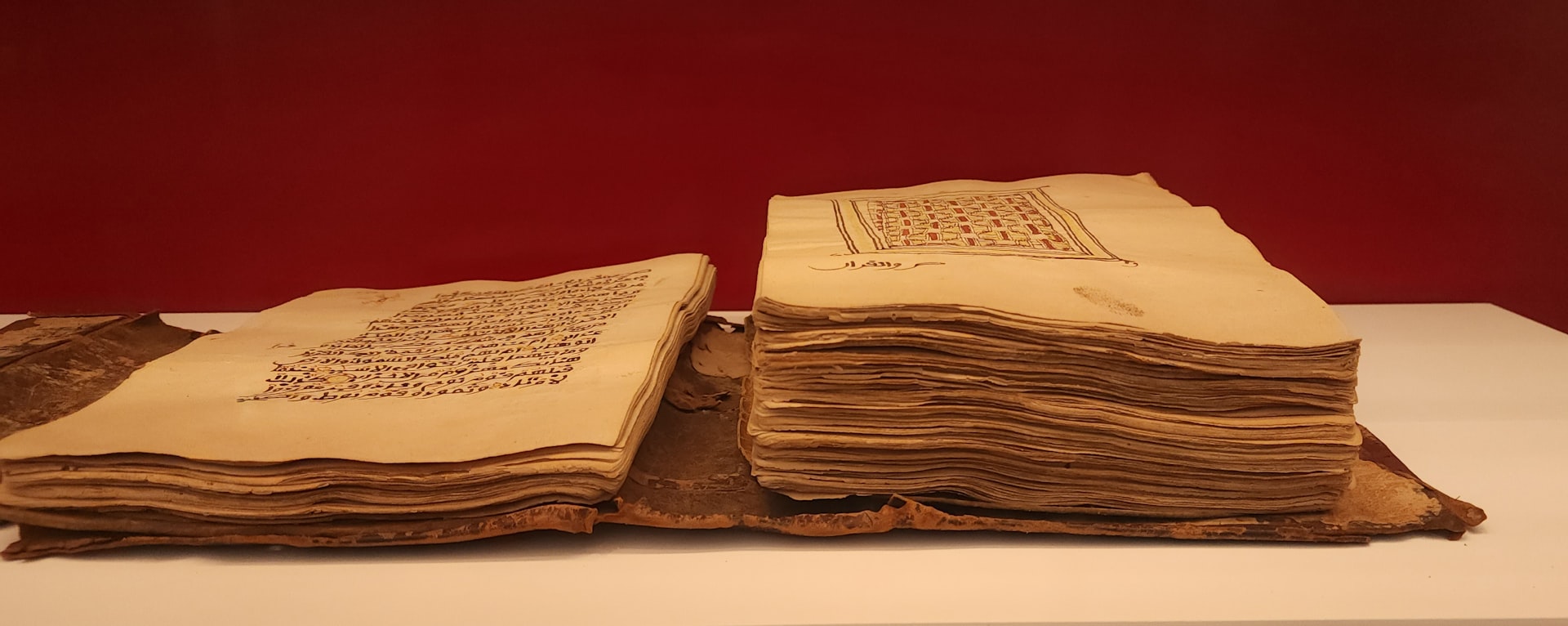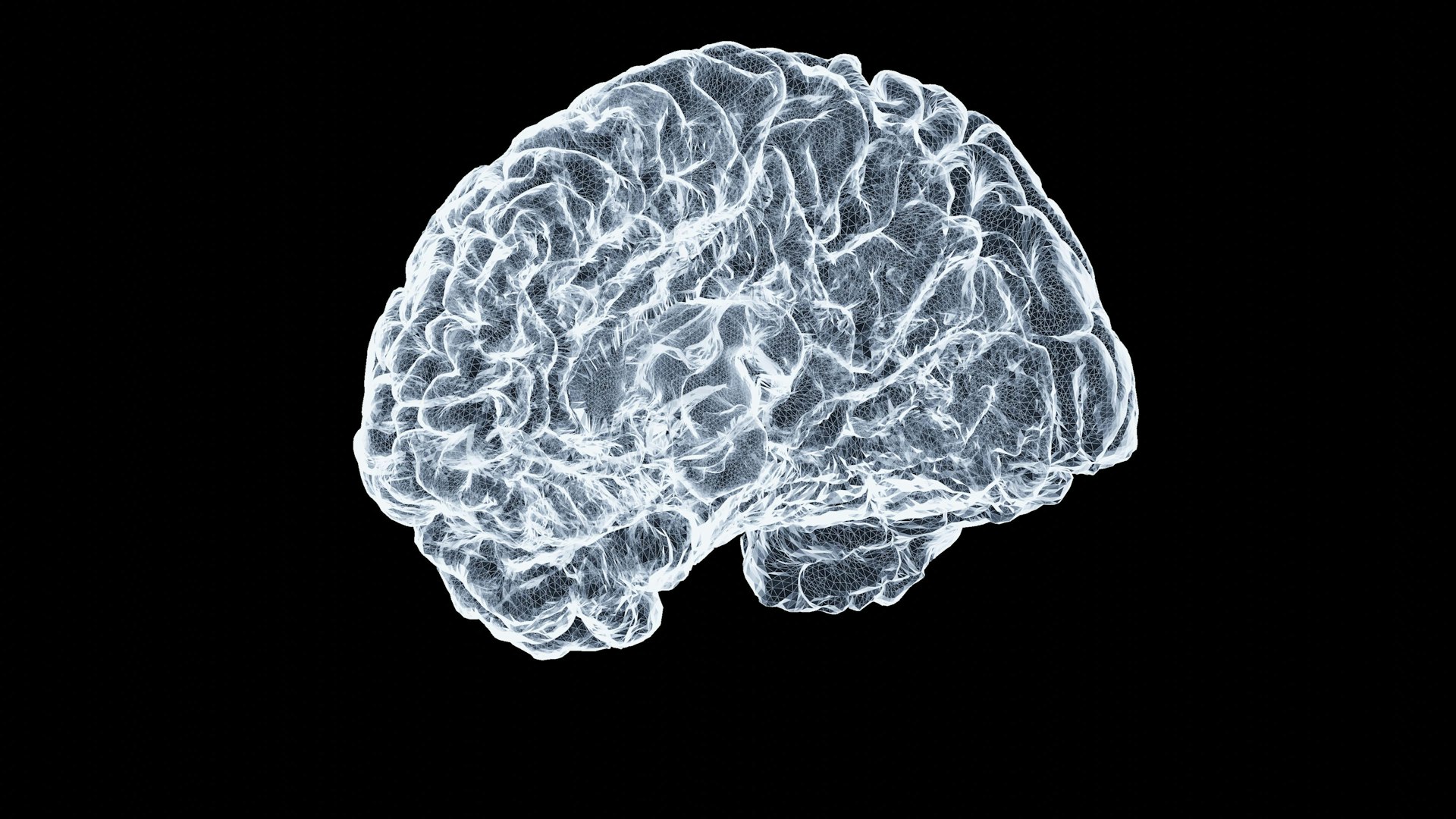How the Printing Press Ignited Cultural Revolutions and Transformed Societies

Photo by Lennert Naessens on Unsplash
The Printing Press: Catalyst for Cultural Transformation
The invention of the printing press in the mid-15th century by Johannes Gutenberg was one of the most significant milestones in human history. Its creation did not merely introduce a new technology; it ushered in an era of cultural revolutions that would forever reshape societies, accelerate the spread of ideas, and empower individuals previously excluded from the world of knowledge. Understanding the role of the printing press unveils both the mechanisms and the enduring legacy of cultural transformation.
1. Democratization of Knowledge
Before the printing press, books were hand-copied, making them rare, expensive, and accessible mainly to elites, religious institutions, and royalty. This exclusivity limited education and the exchange of ideas. With Gutenberg’s innovation, books and pamphlets could be reproduced quickly and at a fraction of the former cost, enabling unprecedented access to information for a broader population [1] .
Within just decades, the entire classical canon and new works were widely available across Europe. This led to rising literacy rates, as more people could afford and read books [2] . As a result, discussions once limited to scholarly or religious circles began to take place in homes and public spaces, fostering a culture of learning and critical thinking.
Practical Steps to Access Historical Resources: Today, you can explore digitized early printed books through major university libraries or museum collections. Search for ‘Gutenberg Bible digital collection’ or visit the Library of Congress’s online resources for public access to high-quality scans and educational materials.
2. Accelerating Religious and Social Change
The printing press played a central role in the Protestant Reformation. Martin Luther’s 95 Theses, originally intended for academic debate, became a mass phenomenon after being printed and distributed across Europe. Over half a million copies of his works were sold between 1517 and 1525, outpacing even popular writers of the time [3] . This widespread dissemination allowed ordinary people to engage with religious debates, form independent opinions, and challenge established authorities.

Photo by Richard Bell on Unsplash
Printed pamphlets and books also fueled political revolutions and civil discourse, notably during the English Civil War, the American Revolution, and the French Revolution. Newspapers and bulletins became powerful tools for rallying support and shaping public opinion [2] .
How to Engage in Religious or Social Scholarship: If you wish to study Reformation-era texts or revolutionary pamphlets, search for ‘digital Reformation pamphlet collections’ or consult university archives, many of which offer online catalogs and research assistance. For community discussions, consider joining local history societies or online academic forums.
3. Foundation of Modern Science and Scholarship
The scientific revolution was profoundly influenced by the advent of print. Scientists could now publish and exchange findings widely, allowing ideas to be tested, debated, and improved at an unprecedented pace. The first scholarly journals emerged, creating a network of communication that is the foundation of today’s scientific process [2] .
Prior to this, scientific knowledge was fragmented, often localized, and subject to loss or distortion through hand-copying. The printing press introduced consistency and accuracy, with exact citations, page numbers, and indices becoming standard. This enabled the precise referencing and replication of experiments-core principles of modern science.
How to Access Scientific Literature: To explore early scientific journals or classic works, use search terms like ‘early scientific journals digital archive’ or visit academic library portals. For current research, platforms like JSTOR or PubMed provide broad access, often through institutional memberships or free public resources.
4. Commercialization and Regulation of Ideas
As printing became widespread, book production evolved into a commercial enterprise. Authors gained recognition and could derive income from their work, while copyright laws emerged to regulate the distribution of intellectual property [2] . This shift professionalized writing and publishing, creating a new class of authors and publishers who contributed to cultural and economic growth.
However, the rapid spread of information also led to new challenges: censorship and the regulation of content. Authorities, both secular and religious, sought to control what could be printed to maintain power and order. In response, debates about freedom of the press and the public’s right to information intensified-debates that continue today.
Practical Guidance on Intellectual Property: If you are interested in publishing or understanding copyright, visit the official United States Copyright Office website or your country’s equivalent for up-to-date guidelines. For contemporary issues in freedom of the press, major journalism organizations publish regular reports and advocacy resources.
5. Transforming Education and Literacy
The availability of affordable printed materials fundamentally changed education. Textbooks, reference works, and literature could now reach students across regions and social classes. The shift from oral to silent, private reading also shaped learning habits, promoting individual study and reflection [2] .
As literacy rates climbed, so did demand for schools and educators. Over centuries, this contributed to the rise of public education systems and the professionalization of teaching.
How to Find Educational Resources: To access historical and modern educational materials, search for ‘open educational resources’ (OER) or consult your local library and education department. Many universities offer free online courses and textbook collections for independent learners.
6. Enduring Legacy and Modern Lessons
The printing press’s impact is still felt in the modern information age. Its core function-making information accessible to all-underpins today’s digital media, social networks, and open-access platforms. The legacy of democratized knowledge, accelerated cultural change, and the balancing act between regulation and freedom continues to define how societies evolve.
Key Takeaways: The role of the printing press in cultural revolutions is multifaceted and enduring. It empowered new voices, forged intellectual and social movements, and laid the groundwork for today’s global exchange of ideas. Whether your interest is historical research, education, or publishing, the principles established by the printing press remain relevant: seek out authoritative sources, engage in open dialogue, and champion the free flow of information.
References
MORE FROM yourscholarshiptoday.com













